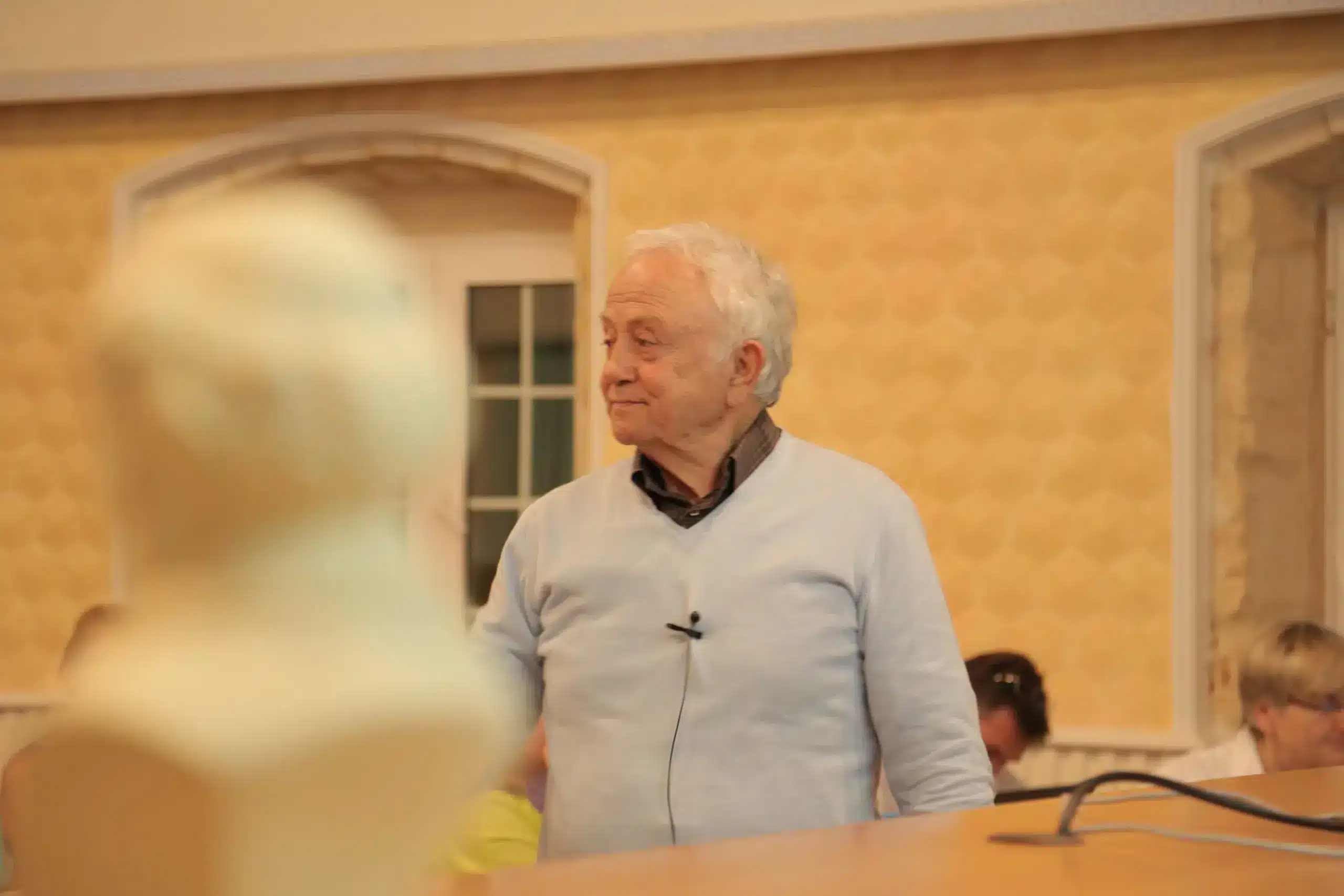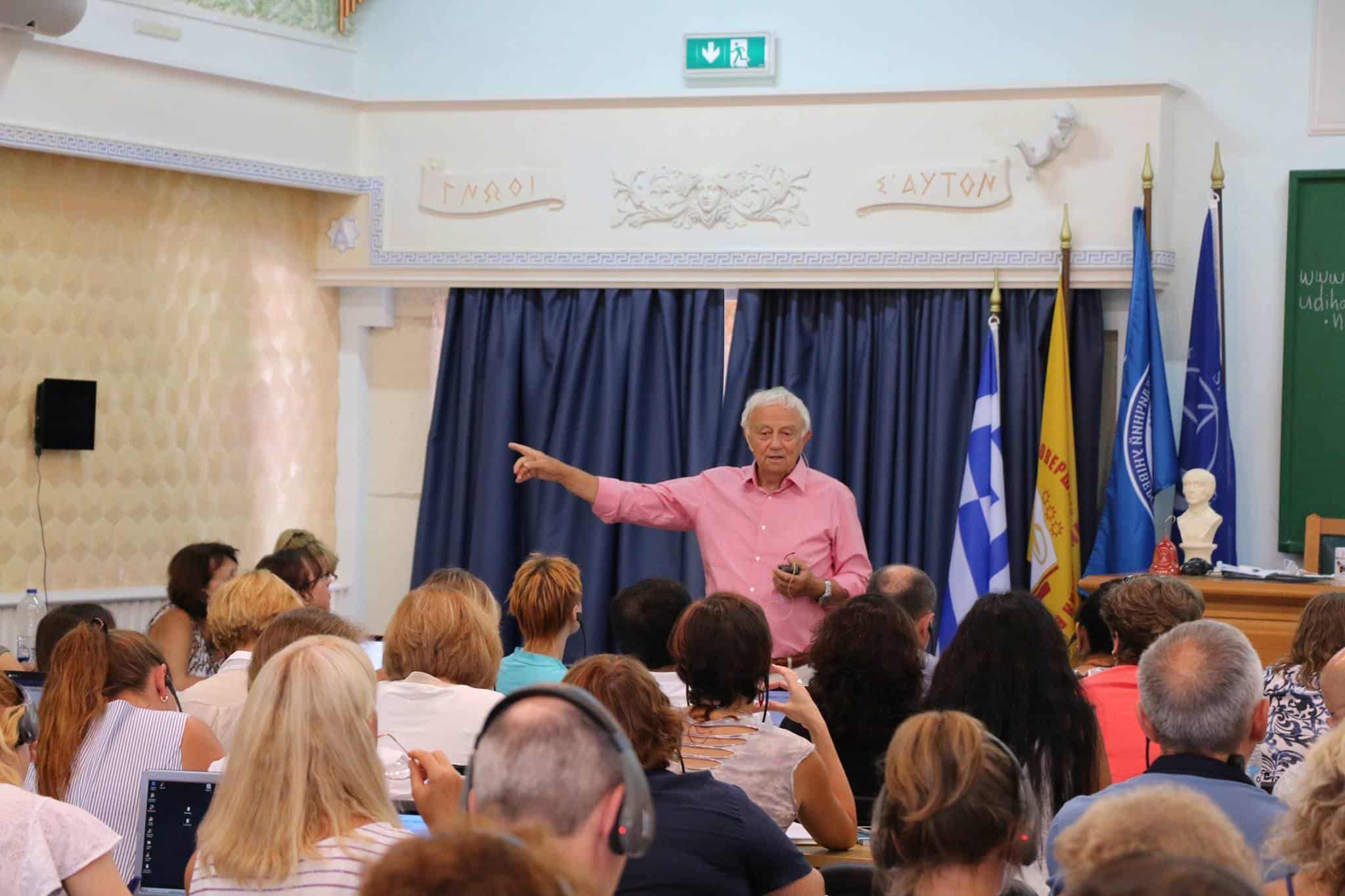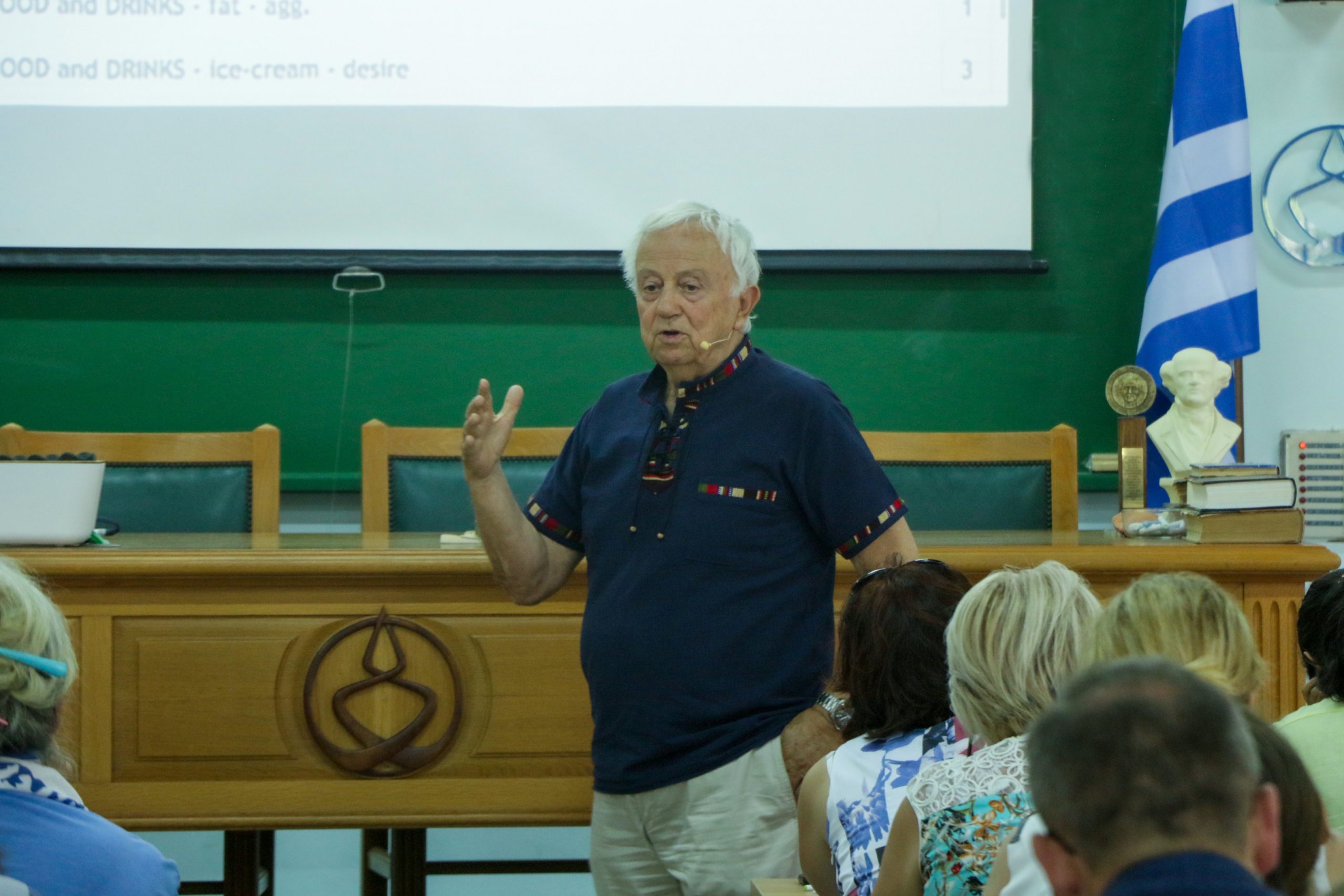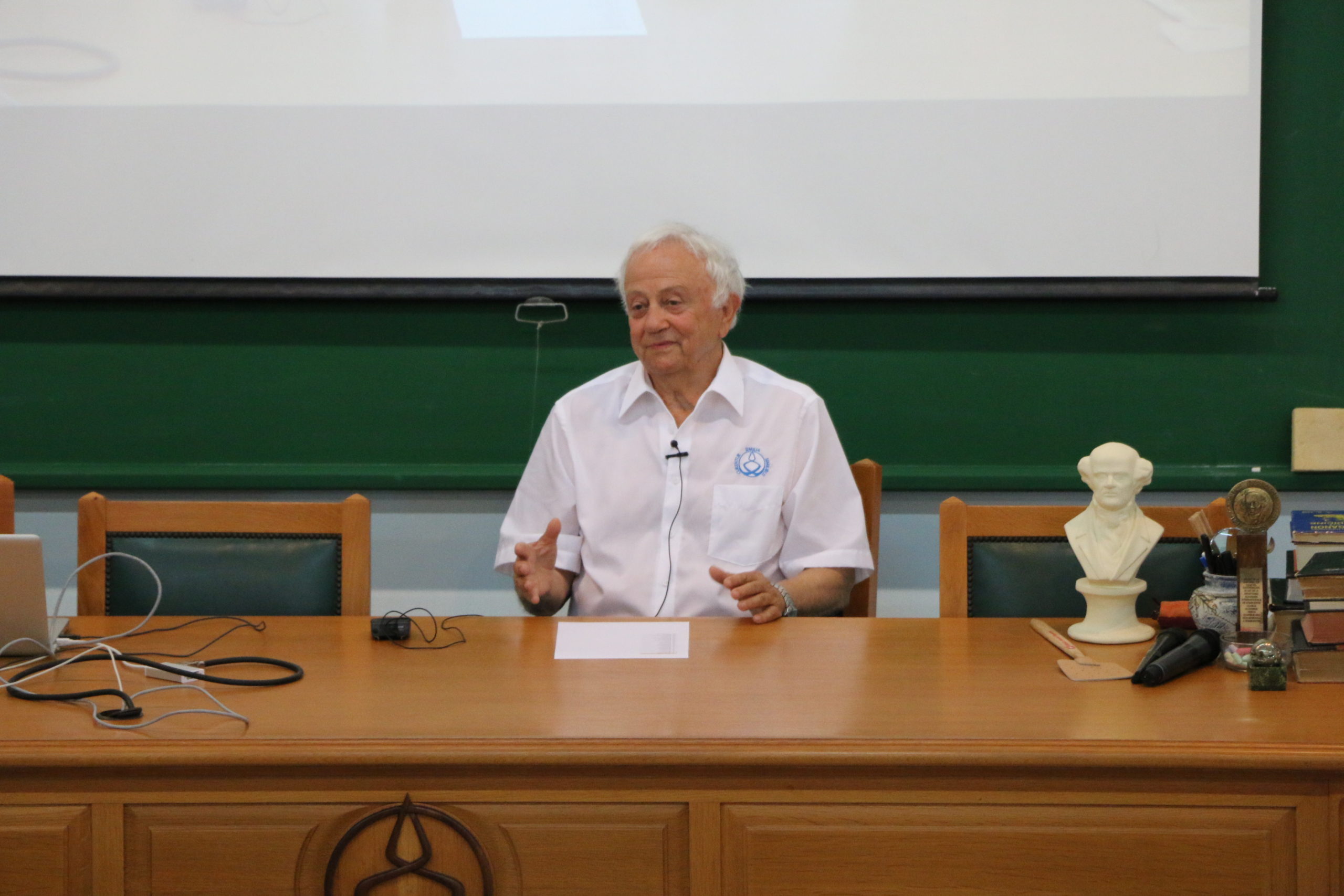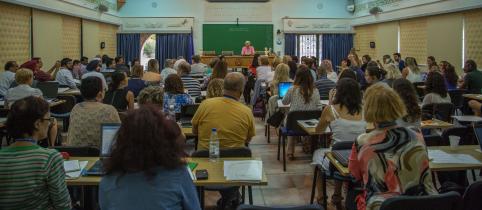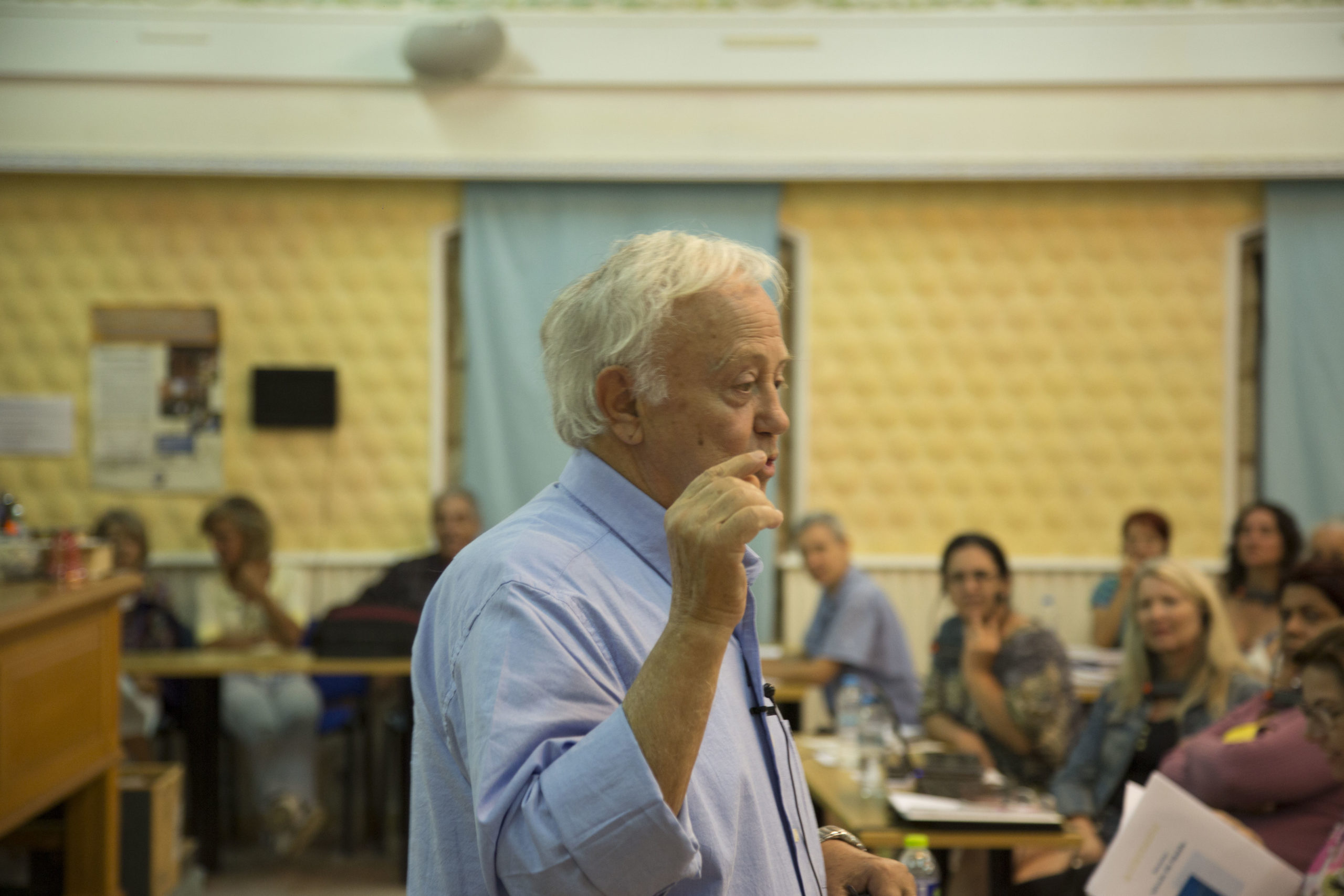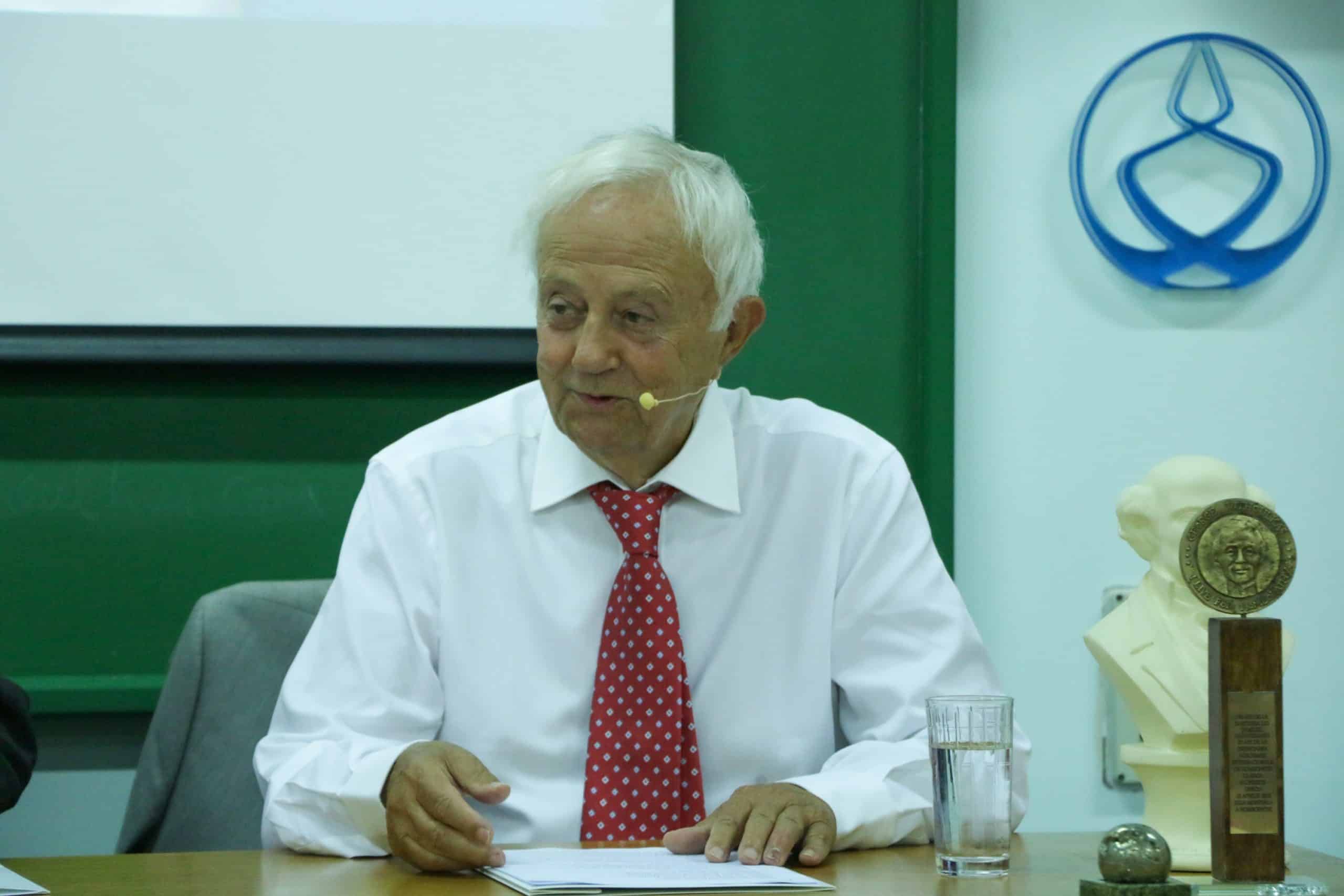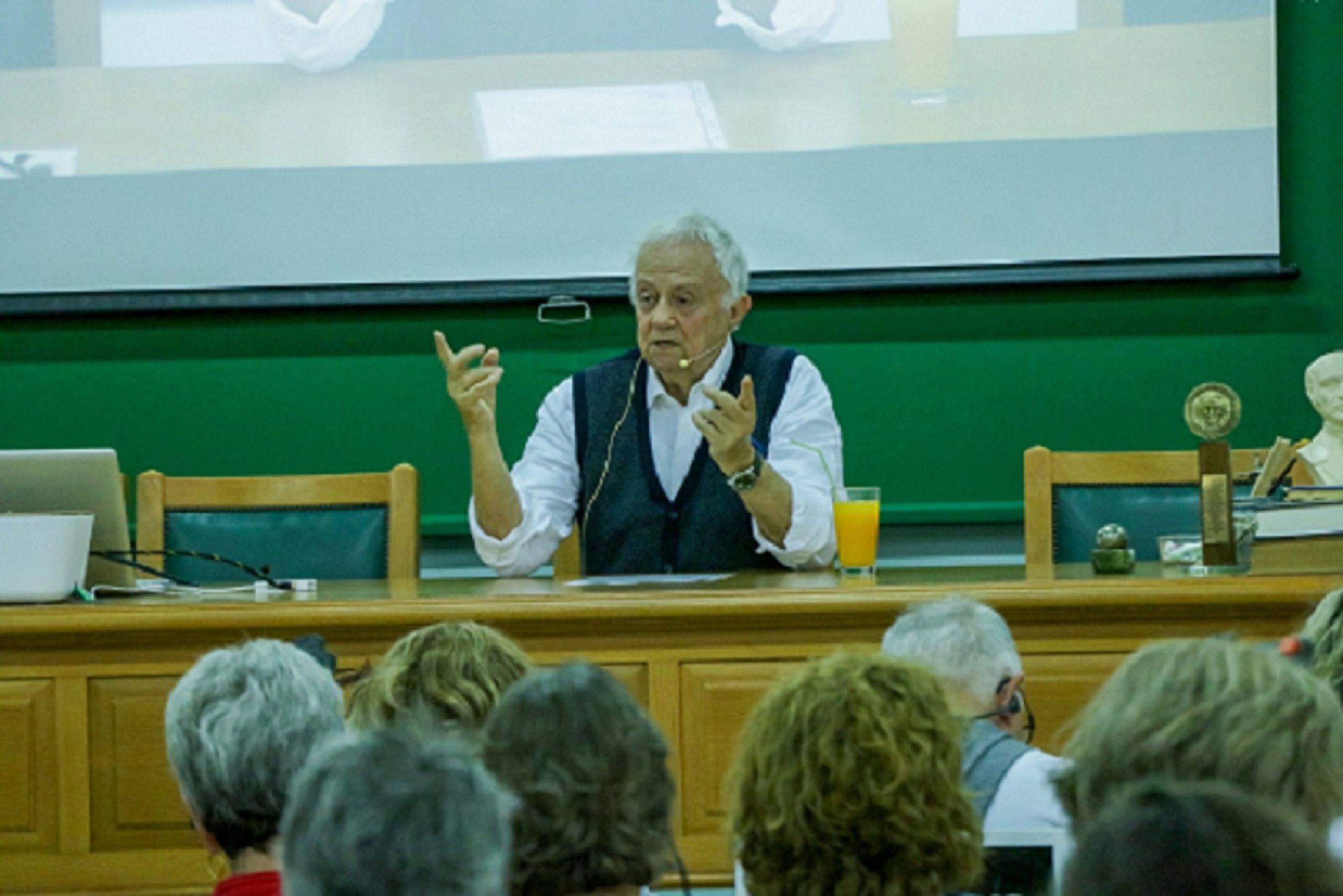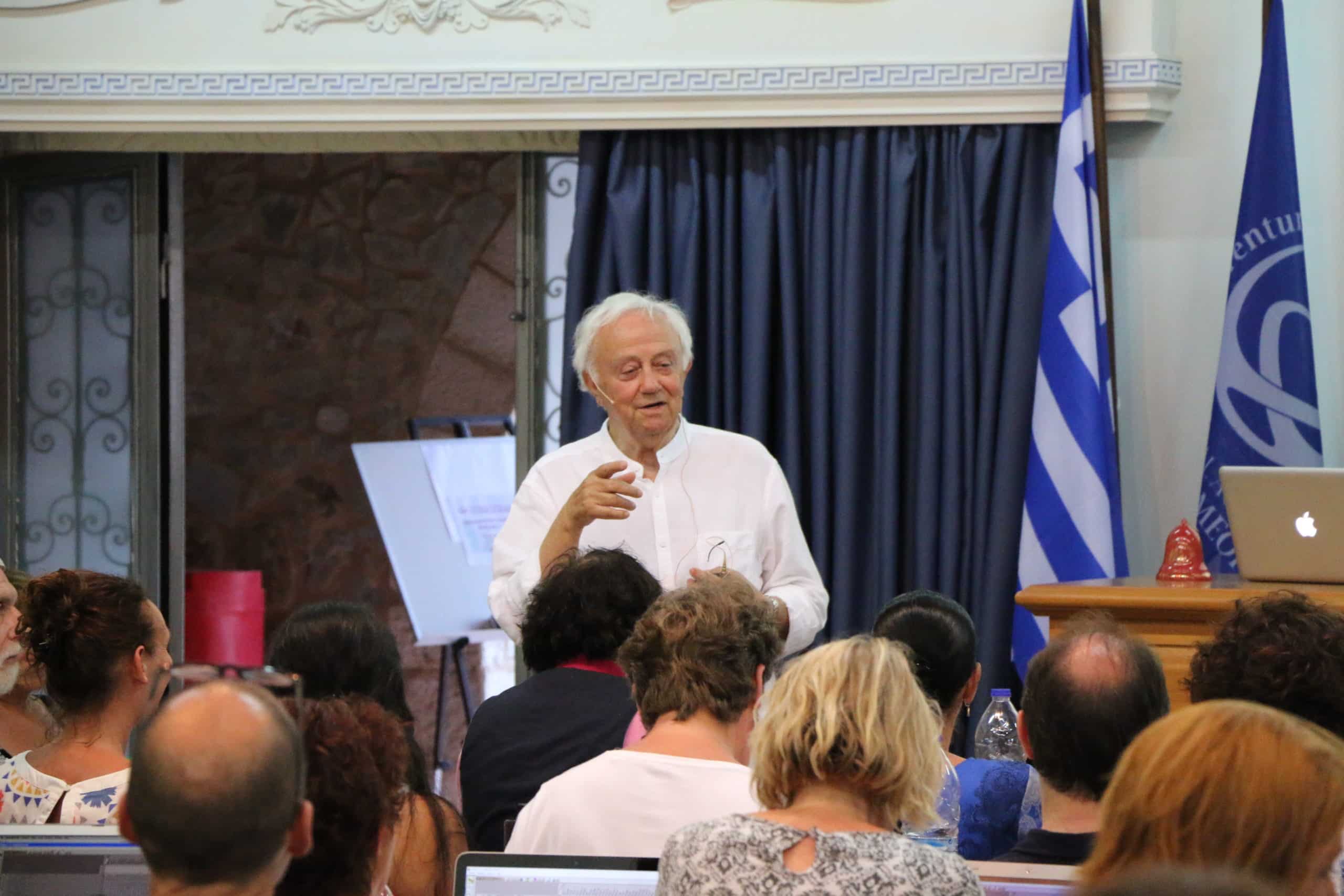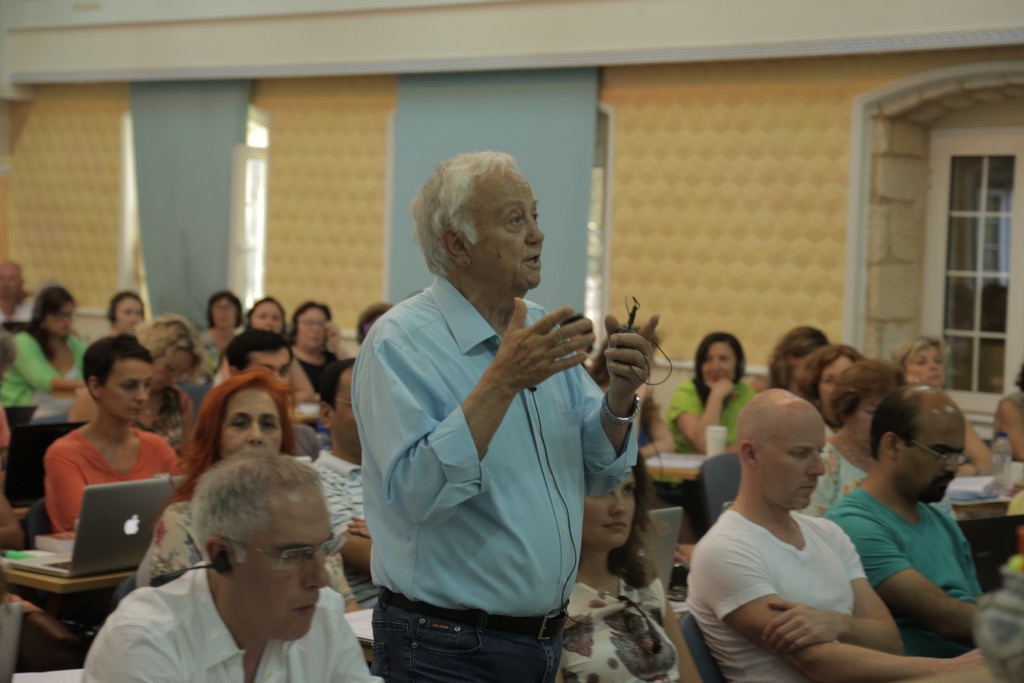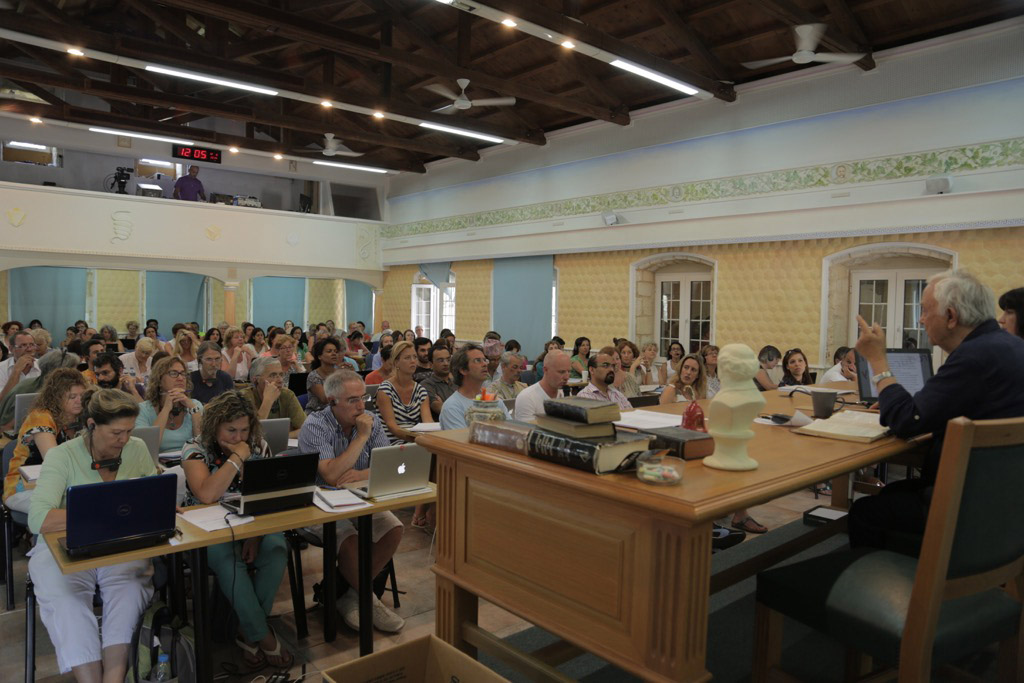Homeopathy (2011) 100, 300
©2011 The Faculty of Homeopathy
doi:10.1016/j.homp.2011.06.004, available online at http://www.sciencedirect.com
LETTER TO THE EDITOR
Clinical trial of homeopathy in rheumatoid arthritis
Sir,
I wish to comment on the paper “ Homeopathy has clinical benefits in rheumatoid arthritis patients that are attributable to the consultation process but not the homeopathic remedy: a randomized controlled clinical trial” by Brien et al.1
The purpose of this clinical trial was to assess whether any benefits from adjunctive homeopathic intervention in patients with RA are due to the homeopathic consultation, homeopathic remedies or both. It was a double-blind, randomized placebo-controlled trial in patients with active
stable RA receiving conventional therapy. Eighty-three participants were randomized to 24 weeks of treatment with either homeopathic consultation (further randomized to individualized homeopathy, complex homeopathy or placebo) or non-homeopathic consultation (further randomized to complex homeopathy or placebo).
Fifty-six patients completed treatment. No significant differences were observed for either primary outcome. There was no clear effect due to remedy type. The conclusion was that homeopathic consultations but not homeopathic remedies are associated with clinically relevant benefits for patients with RA.
According to my clinical experience, in severe pathology such as rheumatoid arthritis of long standing, there is a need for a series of homeopathic remedies and long follow ups for 2 or 3 years2,3 in order to achieve substantial amelioration. Prolonged treatment is required to give the organism enough time to slowly decrease the intake of anti-inflammatory drugs replacing them with the correct homeopathic remedies as indicated by the altered symptomatology. In this study this parameter was ignored.
Unlimited use of anti-inflammatory drugs causes the following problems:
The homeopathic prescription of the indicated remedy is based on fine individual characteristic symptoms.4 When the organism is treated with strong chemical drugs the symptoms on which a homeopathic prescription is based are masked, changed or totally suppressed so the homeopath cannot find the ‘totality’ of the symptoms required in order to discover the indicated remedy.5,6
Even if the correct remedy was found, daily anti-inflammatory drugs would nullify the beneficial effect of the homeopathic remedy. It is well known in homeopathy that even the daily use of coffee can nullify the effect of the treatment, that is why even one cup of coffee is not allowed
during treatment though it contains a relatively small amount of caffeine.
In homeopathy only one remedy will act curatively. It acts like an allergen in a sensitive organism. But if the correct remedy was given there will be a prolong initial aggravation which may lead to increased intake of drugs. Only if patients are informed about this aggravation can tolerate it.
Initial aggravation indicates that the remedies prescribed were the correct ones. The lack of such an aggravation in the study proves that the remedies prescribed were mostly wrong and therefore ineffective.
Furthermore, the choice of the potency was unfortunate as the 50 millesimal potencies that were used in the experiment are the weakest in our armamentarium, to be used only in simple pathology cases and certainly not together with chemical drugs.2,8
In deep chronic cases of rheumatoid arthritis where swellings of joints, deformities and pain are present, homeopathy cannot offer an immediate curative effect. If there is any possibility for a substantial amelioration-reduction of the deformities, swelling of joints and pains-such an amelioration will come gradually after a series of remedies over a period of 2-3 years.
The conclusion of the study that the effect was due to ‘consultation’ and not to the homeopathic remedy appears to be biased for two reasons:
There was no substantial amelioration of the pathology in any group to compare and on which to base conclusions.
The placebo effect in such deep pathology cases is superficial and transient as the patient remains in essence with the same frame of pathology.
References
1 Brien S, Lachance L, Prescott P, McDermott C, Lewith G. Homeopathy has clinical benefits in rheumatoid arthritis patients that are attributable to the consultation process but not the homeopathic remedy: a randomized controlled trial. Rheumatology 2010; 49: doi:10.1093/rheumatology/keq234.
2 Vithoulkas G, Van Woensel E. Levels of Health. Athens: International Academy of Classical Homeopathy, 2010, pp. 53-57.
3 Vithoulkas G. The question of the “Constitutional” remedy. Br Homoeo J 1998; 87: 145-147.
4 Hahnemann S. Organon of the Art of Healing. Philadelphia: Boericke and Tafel, 1917, p. 137.
5 Vithoulkas G. The Science of Homeopathy. New York: Grove Press, 1980, pp. 227-230.
6 Kent JT. Lectures on Homeopathic Philosophy. California: North Atlantic Books, 1979, p. 242.
7 Popova T. Homoeopathic aggravation. Br Homoeo J 1991; 80: 228-230.
8 Vithoulkas G. The Science of Homeopathy. New York: Grove Press, 1980, pp. 213-217.
George Vithoulkas1,2
1. International Academy of Classical Homeopathy, Greece
2. University of the Aegean, Greece
E-mail: george@vithoulkas.com

